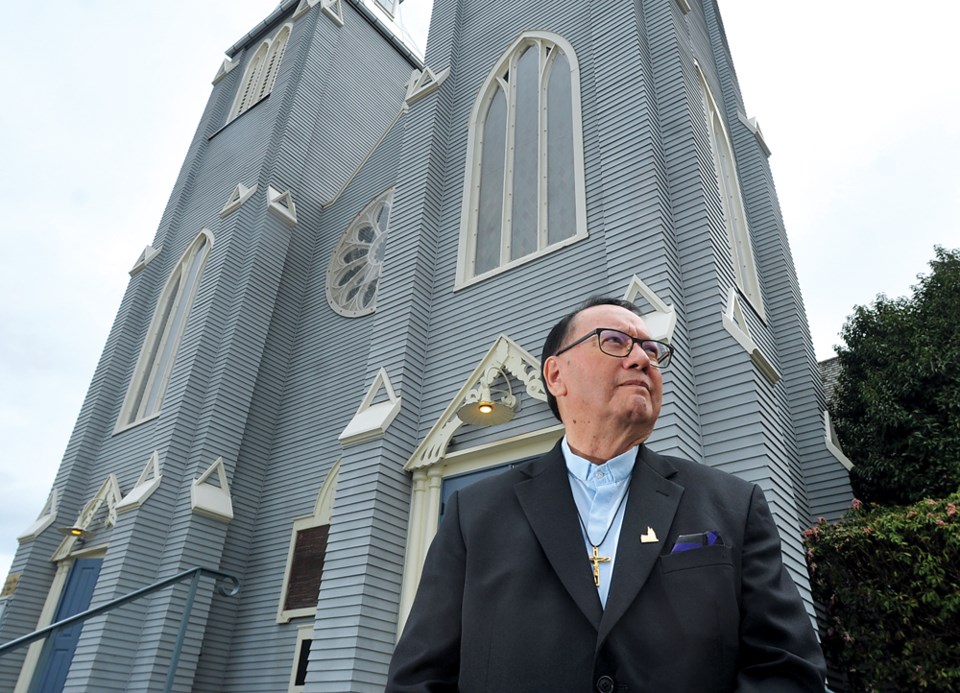On Friday, the Pope met with nearly 200 First Nations, Inuit and Metis delegates at the Vatican and delivered a long-sought apology for actions of church leaders in perpetuating abuse of Indigenous children at Catholic residential schools.
In the apology, the Pope voiced “sorrow and shame” for the role that members of the clergy had in “all these things that wounded you, in the abuses you suffered and in the lack of respect shown for your identity, your culture and even your spiritual values.” For that conduct, the Pope said he asked “for God’s forgiveness” and joined Canadian bishops “in asking your pardon.”
Since the historic occasion, there have been a diverse range of reactions among Indigenous people and residential school survivors. Some have welcomed the apology. Some have felt the Pope’s words did not go far enough in accepting the church’s role in the abuse. Some have called for more tangible actions to follow the expression of sorrow.
All are valid reactions and all Indigenous people are entitled to greet the apology on their own terms.
As a symbolic act, the Pope’s apology is important. It is among the Truth and Reconciliation Commission’s calls to action.
The Catholic Church ran residential schools at the behest of the Canadian government. Among the goals of those institutions was the elimination of Indigenous culture.
There will be further actions to take following the apology. Already there is talk of a personal visit by the Pope to Canada to further address these issues in a more meaningful and substantive way.
Reconciliation is not a switch to be pulled but a series of steps that must be taken. The Pope’s apology is another step on that journey.




